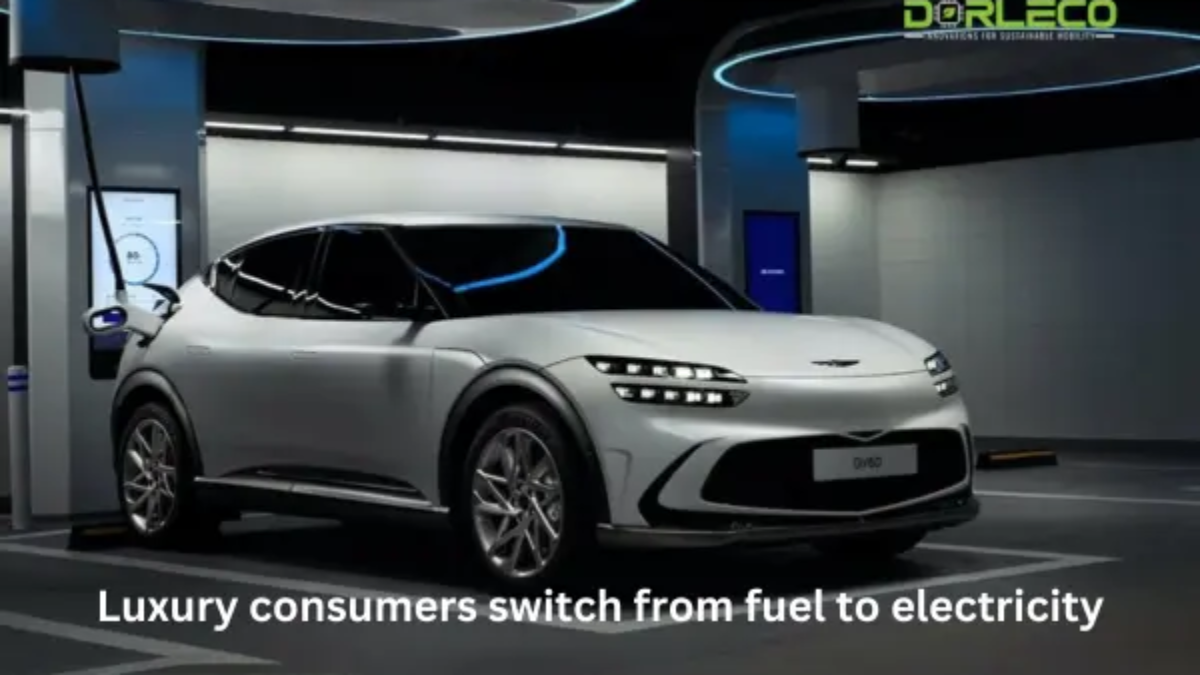In the local market, the percentage of diesel-powered luxury vehicle sales fell to 35% last year from over 80% five years prior, despite consumers’ persistent preference for SUVs with lots of features.
In the premium vehicle market, diesel vehicle sales have exceeded
cut in half over the previous five years as India’s wealthy and affluent shifted away from the fuel that has historically driven their Hot Wheels.
Even as consumers kept gravitating toward SUVs with more features, the proportion of diesel sales in the local market’s overall luxury vehicle sales dropped to 35% last year from roughly 80% five years earlier. In the meantime, sales of electric vehicles rose to represent 6% of the segment’s total sales volume, which is three times more than that of mass-market vehicles. Wealthy, aspirational young people are leading the way in the adoption of clean technology. Demand for these at the upper end of the market has been fuelled by the ease with which more affluent consumers, who can also purchase electric vehicles as a second or third car, may install charging connections at their homes or places of business.
Carmakers like BMW, Audi, and Mercedes Benz, which have scheduled the debut of over six models in the next year in an attempt to capitalize on latent demand, have been taken aback by the “better than expected demand” in a nation where charging infrastructure is still not generally accessible.
Market leader Mercedes Benz India has already started local assembly of the EV EQS 580 at its Pune facility, which is the company’s first assembly plant outside of Germany for EVs. Other companies are accelerating feasibility studies for the same to lower the cost of electric vehicles and increase their presence in this rapidly changing sector of the economy.
It is improbable for any manufacturer to continue offering customers the fuel option until the share of diesel in luxury car sales drops to 20%, as stated by Balbir Singh Dhillon, Head of Audi India, in an interview with ET. “Vehicle sales of diesel-powered vehicles are already declining. In the future, the previously diesel-dominated market will shift to gasoline and electric cars, according to Dhillon.
To increase its market share, Audi India, which offers four EVs in the nation for prices starting at Rs 1.2 crore, intends to add additional cost-effective battery electric vehicles to its lineup. Before the country’s switch to BSVI pollution standards, the company discontinued selling diesel cars, and it now only offers gasoline and electric vehicles for sale.
BMW, whose diesel percentage dropped from 65% to 36% the previous year.
years ago, is attempting to expand its client base by bringing additional electric vehicles to India at different pricing ranges.
approach to maintain its dominance in this quickly expanding market in luxury vehicle sales. In 2024, the business intends to launch two new electric vehicle types. Likewise, Mercedes-Benz India plans to introduce three new electric vehicles (EVs) in the nation in 2024.
BMW saw its percentage of diesel vehicles drop from 65% to 36% last year.
years ago, it also aimed to expand the number of electric vehicles it offers in India at different price points to serve a larger range of clients as part of its
plan to maintain its position as the leader of this quickly expanding market. In 2024, the business intends to launch two new electric vehicles. Mercedes-Benz India has also announced plans to introduce three new electric vehicles (EVs) in the nation in 2024.
Mercedes Benz India is working to create the ecosystem necessary to accelerate future sales of electric vehicles, which accounted for 4% of total sales last year. The Managing Director of MBIL, Santosh Iyer, predicted that EV usage will only rise with time.

